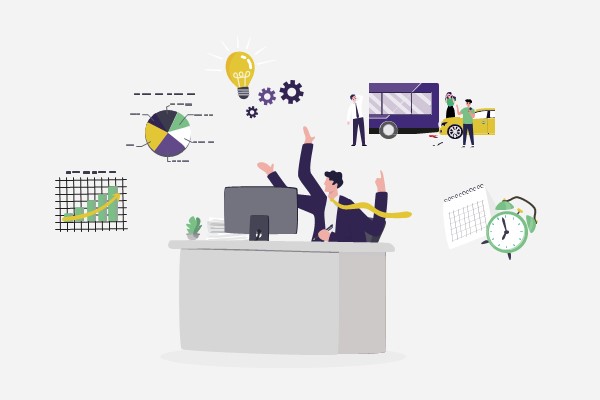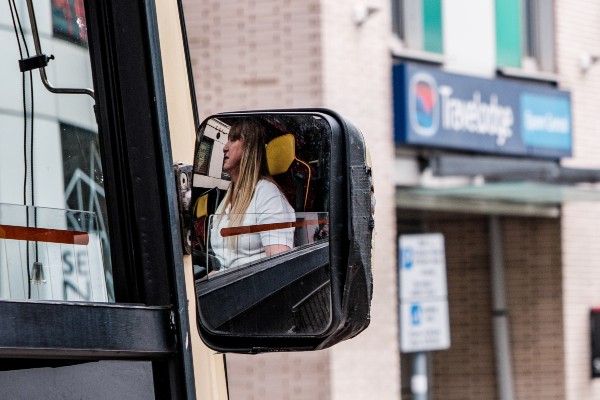
25 January 2024 – Velociti Group, a leading software and specialist consultancy serving the public transport sector, is pleased to announce the appointment of Adrian Hipkiss as its new Chief Executive Officer. With a proven track record of leading and scaling technology organisations, Adrian brings a fresh perspective and strategic vision to lead the Velociti Group through its next phase of growth.

Adrian has held several executive leadership positions, and joins Velociti Group with an impressive background of driving revenue and profitability whilst leading strategic transformation. Having held key roles in Ceragon Networks, Tata Communications and ShoreTel, Adrian brings his exceptional leadership, strategic planning, and a commitment to driving the innovation that will help Velociti succeed in its mission to deliver fast and lasting digital transformation in passenger transport.
Velociti Group, known for its commitment to delivering software and strategic services in bus and rail transport, sees Adrian’s appointment as a strategic move to capitalise on emerging opportunities in the transport sector. His leadership is expected to play a pivotal role in shaping the future trajectory of the group and to drive synergies across the businesses, fostering collaboration and innovation to propel Velociti Group to new heights.
Adrian Hipkiss said, “I am delighted to be joining Velociti Group at a time when the transport sector is undergoing such rapid transformation. Velociti Group businesses are well-positioned to take hold of the huge opportunities that digital transformation in transport presents.”
Jim Darragh, Velociti Group Chairman, said, “We are hugely excited by the appointment of Adrian, he brings an incredible track record of commercial growth and building great teams.”
Notes for Editors
For more information about Velociti Group and its portfolio of companies, please visit https://www.velociti-group.co.uk/about-us/.
Contact: Kerry Chapman
About Velociti Group:
Velociti Group is committed to transforming public transport, providing bus and rail operators with technology, implementation services and support backed by deep expertise of the transport sector. Velociti offers the future ready technology, client side-experience, implementation expertise and bespoke consultancy services that power public transport and are focused on one outcome – customer success.
Velociti Group is comprised of diverse portfolio of companies specialising in various aspects of the bus and rail operations. The group comprises:
- EPM Bus Solutions: A leading provider of unique software and consultancy services for the bus industry, EPM Bus Solutions focuses on enhancing operational and commercial efficiency, and passenger experience.
- Omnibus Solutions: As a key player in the transport technology space, Omnibus specialises in developing advanced software solutions to efficiently plan and deliver services.
- 3Squared: Known for its expertise in railway technology, 3Squared is at the forefront of providing cutting-edge solutions to enhance the efficiency and safety of rail operations.
- Fab Digital: A dynamic player in the digital transformation arena, Fab Digital focuses on leveraging technology to revolutionise the rail industry’s communications with passengers.
Empowering you with software to drive your business forward
Intuitive. Seamless. Dynamic.

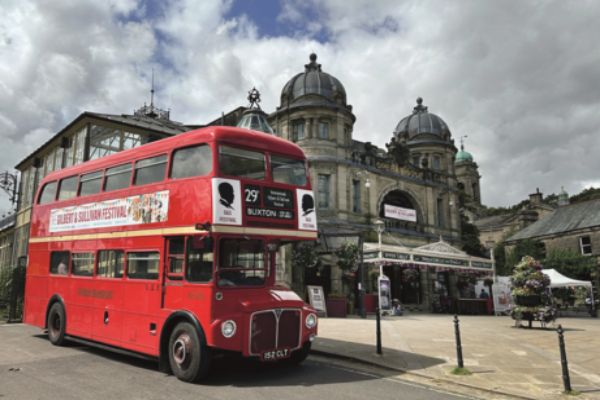




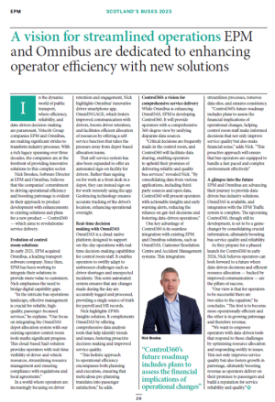
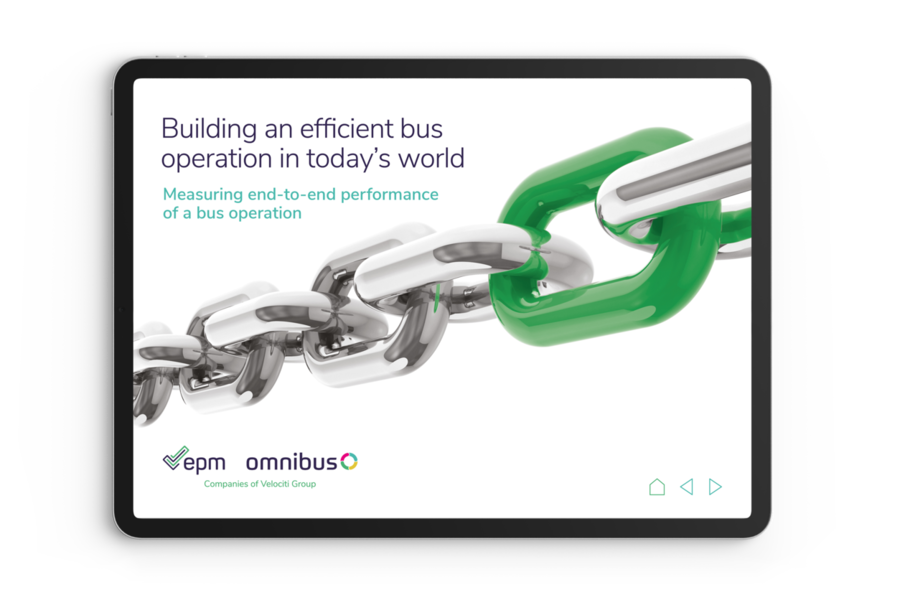


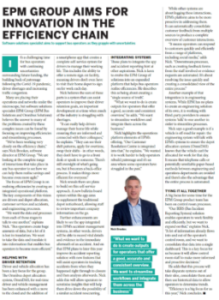
 Nick believes the sum of these parts is a system that can assist operators to improve their driver retention goals, an important development at a time when much of the industry is struggling with shortages.
Nick believes the sum of these parts is a system that can assist operators to improve their driver retention goals, an important development at a time when much of the industry is struggling with shortages.